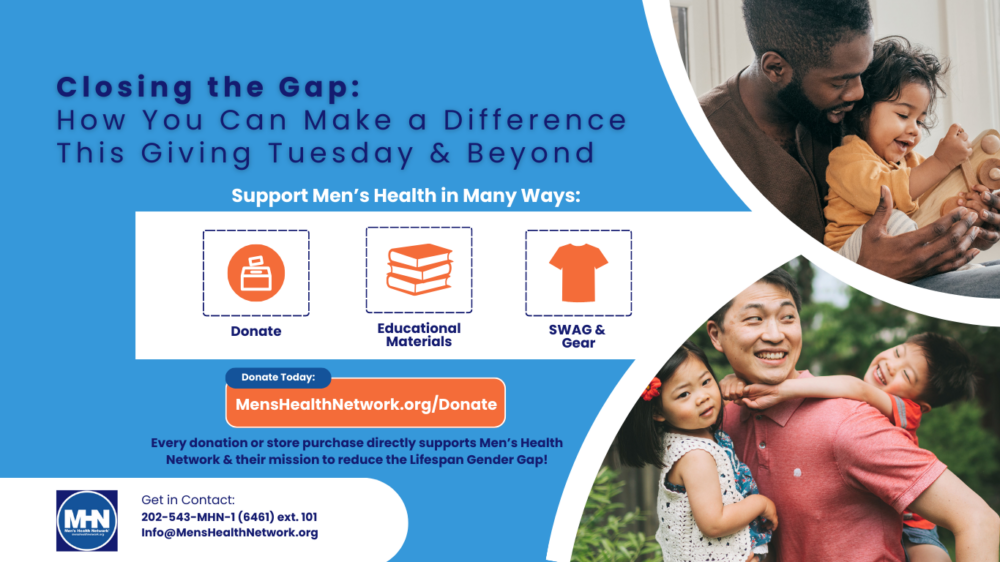Recognizing the signs and symptoms of addiction in friends and family members can be difficult. Once you’ve noticed signs of addiction in friends and family members, it’s important to begin getting them the help they need. However, this is often a challenging and frustrating process for many reasons. Certain approaches may or may not work, whether they involve staging an intervention or confronting the addict, and the addict may not yet be willing to stop using alcohol and/or drugs. After the patient becomes sober, an often tumultuous and challenging recovery period follows.
According to Foundation for a Drug-Free World, a prescription pain reliever is abused by approximately 2,500 youths ages 12 to 17. The same source indicates that in the US, over 15 million people tend to abuse prescription drugs, which is more than the combined number who report using hallucinogens, cocaine, inhalants, and heroin. Drug use and abuse can rapidly lead to drug dependence, which why it’s so important to recognize warning signs among friends and family members.
In many instances, the addict may start experimenting with drugs in social settings, or perhaps seeks continuous use following a prescription for a painkiller after a medical procedure. Over time, classic signs of drug addiction can emerge, such as feeling dependent on the drug, which requires daily use or even using the substance several times a day, along with struggling with intense urges to use the drug. Addiction affects people of all ages, races, and social statuses. When it comes to identifying drug abuse in family members and friends, certain indicators may make it more likely that the person needs help.
Helping a loved one with alcohol or drug abuse is a difficult task. It’s common to experience emotions ranging from anger and fear to shame and self-blame. Oftentimes the thought of getting started, and fearing the consequences of approaching the individuals, hinders those who want to help the addict face the issue in a timely manner. Uncertainty over how to handle the situation is another common problem.
The National Council on Alcoholism and Drug Dependence offers important tips for helping family members or friends with an addiction or dependence problem. These tips include expressing love and concern, even if the person has not yet hit rock bottom, along with speaking to the individual about your concerns and offering help and support. Learning more about alcohol and drug dependence before confronting the person is another useful tip.
Another meaningful gesture that you can assist you in coping with your emotions while conveying your feelings to the person you’re confronting is writing an intervention letter. This is a particularly useful idea if you are having trouble verbally expressing your feelings and concerns. It’s also beneficial if you’ve tried — unsuccessfully — to get your point across to the family member or friend in question only to be met by anger or strong emotions.
A useful formula for an intervention letter can be found here: https://www.axisresidentialtreatment.com/intervention/how-to-write-an-intervention-letter/. You’ll find helpful tips and hints about how to break the letter down into sections, from starting by letting the person know how much he or she means to you to then indicating how the drug or alcohol use has changed the individual, whether it’s recent bouts of anger, stealing, or similar behaviors.



